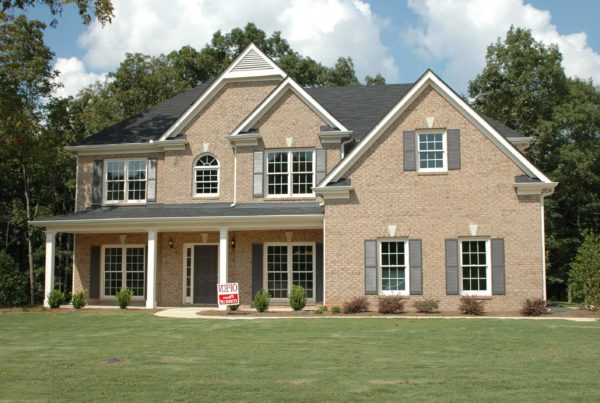Where the use and development of property is concerned, sometimes a simple project can become unbelievably complicated.
Take the case of Michael Anderson, who only wanted to divide his Lake Mildred lakefront property (north of Rhinelander), with its 250 feet of lake frontage, into two parcels.
Simple and do-able?
Not according to the Town of Newbold and the Wisconsin Supreme Court.
The town’s Plan Commission rejected Mr. Anderson’s request, because the town’s subdivision ordinance requires each lakefront lot to be a minimum of 225 feet wide.
Mr. Anderson’s proposed lots would not meet that standard.
Not so fast, said Mr. Anderson.
A state statute, which is supposed to control over municipal ordinances, prohibits a municipality from implementing shoreland zoning ordinances that are more restrictive than the regulations established by the Wisconsin Department of Natural Resources’ regulations.
Those regulations would have allowed the proposed division.
The Wisconsin Supreme Court, however, determined that the ordinance was, in fact, not a shoreland zoning ordinance but a subdivision ordinance, because it did not restrict the use of the property.
Therefore, the statute upon which Mr. Anderson relied, which referred to shoreland ordinances, was inapplicable, and the town properly denied the proposed land division.
Not everyone on the Wisconsin Supreme Court agreed with the majority’s decision.
According to Justice Brian Hagedorn, the subdivision/shoreland distinction was not dispositive, and “if towns can do via subdivision authority exactly the same things that the state says they cannot do” in shoreland zoning ordinances, the law is simply being ignored.
Despite the dissent, the majority’s holding is the law in Wisconsin.
The case is a good reminder that local ordinances are often technical, complex and confusing in their application.
This is especially true in the context of their supposedly governing state statutes.
FOS can cut through your confusion and explain how local ordinances may affect your desired use of your property.






